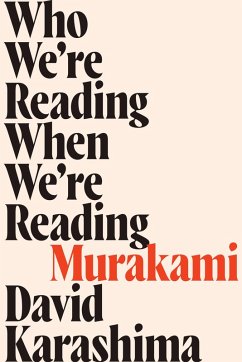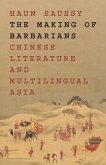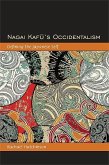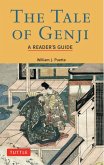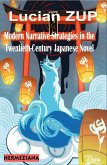Thirty years ago, when Haruki Murakami's works were first being translated, they were part of a series of pocket-size English-learning guides released only in Japan. Today his books can be read in fifty languages and have won prizes and sold millions of copies globally. How did a loner destined for a niche domestic audience become one of the most famous writers alive? This book tells one key part of the story. Its cast includes an expat trained in art history who never intended to become a translator; a Chinese American ex-academic who never planned to work as an editor; and other publishing professionals in New York, London, and Tokyo who together introduced a pop-inflected, unexpected Japanese voice to the wider literary world.
David Karashima synthesizes research, correspondence, and interviews with dozens of individuals-including Murakami himself-to examine how countless behind-the-scenes choices over the course of many years worked to build an internationally celebrated author's persona and oeuvre. His careful look inside the making of the "Murakami Industry" uncovers larger questions: What role do translators and editors play in framing their writers' texts? What does it mean to translate and edit "for a market"? How does Japanese culture get packaged and exported for the West?
Dieser Download kann aus rechtlichen Gründen nur mit Rechnungsadresse in A, B, BG, CY, CZ, D, DK, EW, E, FIN, F, GR, HR, H, IRL, I, LT, L, LR, M, NL, PL, P, R, S, SLO, SK ausgeliefert werden.

